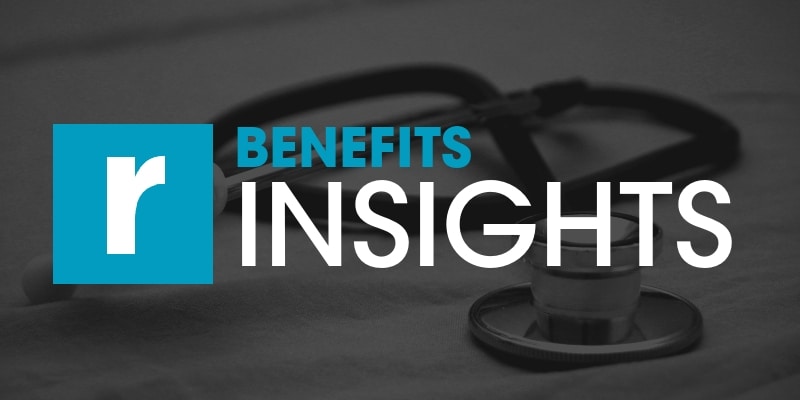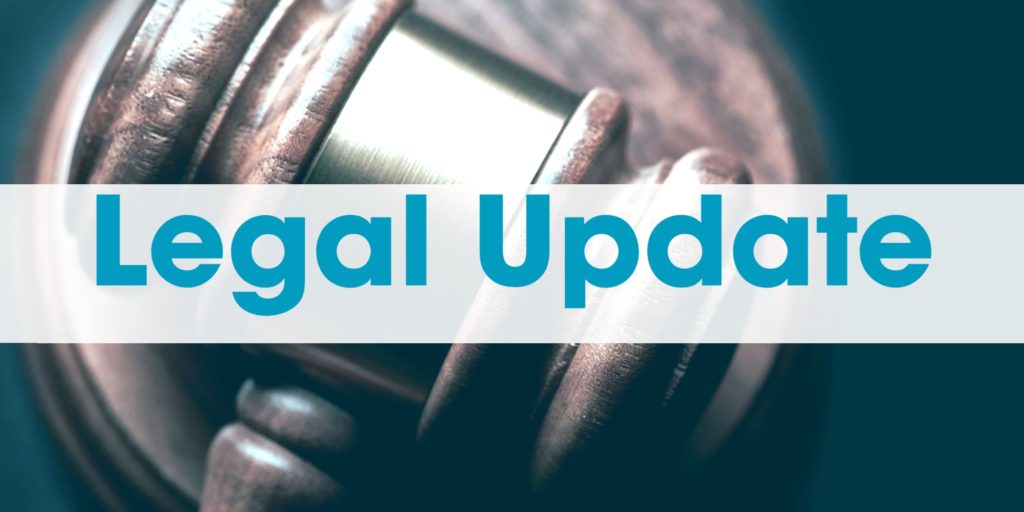 The coronavirus (COVID-19) pandemic has changed employees’ daily lives and routines, and even as businesses reopen, many employees are feeling the effects of the pandemic. As businesses reopen, employers must consider how the COVID-19 pandemic has affected employees, which in turn will affect their post-coronavirus return to work.
The coronavirus (COVID-19) pandemic has changed employees’ daily lives and routines, and even as businesses reopen, many employees are feeling the effects of the pandemic. As businesses reopen, employers must consider how the COVID-19 pandemic has affected employees, which in turn will affect their post-coronavirus return to work.
As employees return to work, many are experiencing financial hardship, balancing new caregiving responsibilities, managing concerns over their physical well-being, and maintaining their mental well-being and health. During these uncertain times, employees are understandably experiencing significant stress, which can lead to lower productivity and morale, and increase their risk for health conditions, absenteeism and higher health care costs.
To help employees navigate these times and ease their return to work, employers should consider offering or revamping an existing employee assistance program (EAP) to address post- coronavirus return-to-work concerns. EAPs can help employees tend to their personal needs, leaving you with healthier, happier and more productive employees.
 On July 21, 2020, the IRS issued Revenue Procedure 2020-36 to index the contribution percentages in 2021 for determining affordability of an employer’s plan under the Affordable Care Act (ACA).
On July 21, 2020, the IRS issued Revenue Procedure 2020-36 to index the contribution percentages in 2021 for determining affordability of an employer’s plan under the Affordable Care Act (ACA).

 On July 17, 2020, a federal appeals court
On July 17, 2020, a federal appeals court  The coronavirus (COVID-19) pandemic has changed employees’ daily lives and routines, and even as businesses reopen, many employees are feeling the effects of the pandemic. As businesses reopen, employers must consider how the COVID-19 pandemic has affected employees, which in turn will affect their post-coronavirus return to work.
The coronavirus (COVID-19) pandemic has changed employees’ daily lives and routines, and even as businesses reopen, many employees are feeling the effects of the pandemic. As businesses reopen, employers must consider how the COVID-19 pandemic has affected employees, which in turn will affect their post-coronavirus return to work. Late on June 25, 2020, President Donald Trump’s administration asked the Supreme Court to strike down the Affordable Care Act (ACA). If successful, such action would eliminate health coverage for up to 23 million Americans.
Late on June 25, 2020, President Donald Trump’s administration asked the Supreme Court to strike down the Affordable Care Act (ACA). If successful, such action would eliminate health coverage for up to 23 million Americans.